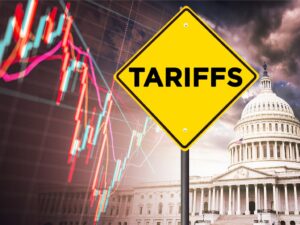SEC’s New, Powerful Enforcement Options
June 6, 2014
A lesser-known provision of the 2010 Dodd-Frank legislation allows the Securities and Exchange Commission to pursue civil penalties for a broad range of actions through administrative actions, and to impose civil penalties on its own as well as through federal court. As a result, companies and executives challenging enforcement actions or negotiating settlements involving the Foreign Corrupt Practices Act are confronted with a new situation, advantageous in some circumstances and a disadvantage in others.
It has now been several years since this rule changed. The SEC has pursued civil penalties in administrative proceedings, although not for FCPA violations. Many defendants have argued that these actions violate their constitutional rights. Rajat Gupta of Goldman Sachs was able to secure the withdrawal of an administrative action, although the SEC ultimately initiated a successful federal action against him. Two recent defendants, however, have lost preliminary motions on these issues in the Southern District of New York and the DC District.
General counsel should note that when the SEC pursues contested enforcement actions before its own administrative law judges, certain disadvantages are created for defendants. However, the SEC and general counsel may together have more flexibility in negotiating the terms of FCPA-related settlements, given that the federal judiciary does not need to play a role. Corporate defendants may also be able to avail themselves of shorter timelines for resolving issues that are voluntarily disclosed, as is often the case in FCPA investigations.
Read full article at:
Daily Updates
Sign up for our free daily newsletter for the latest news and business legal developments.




